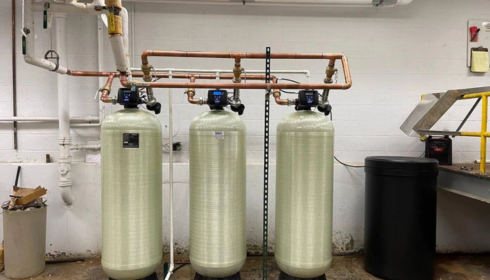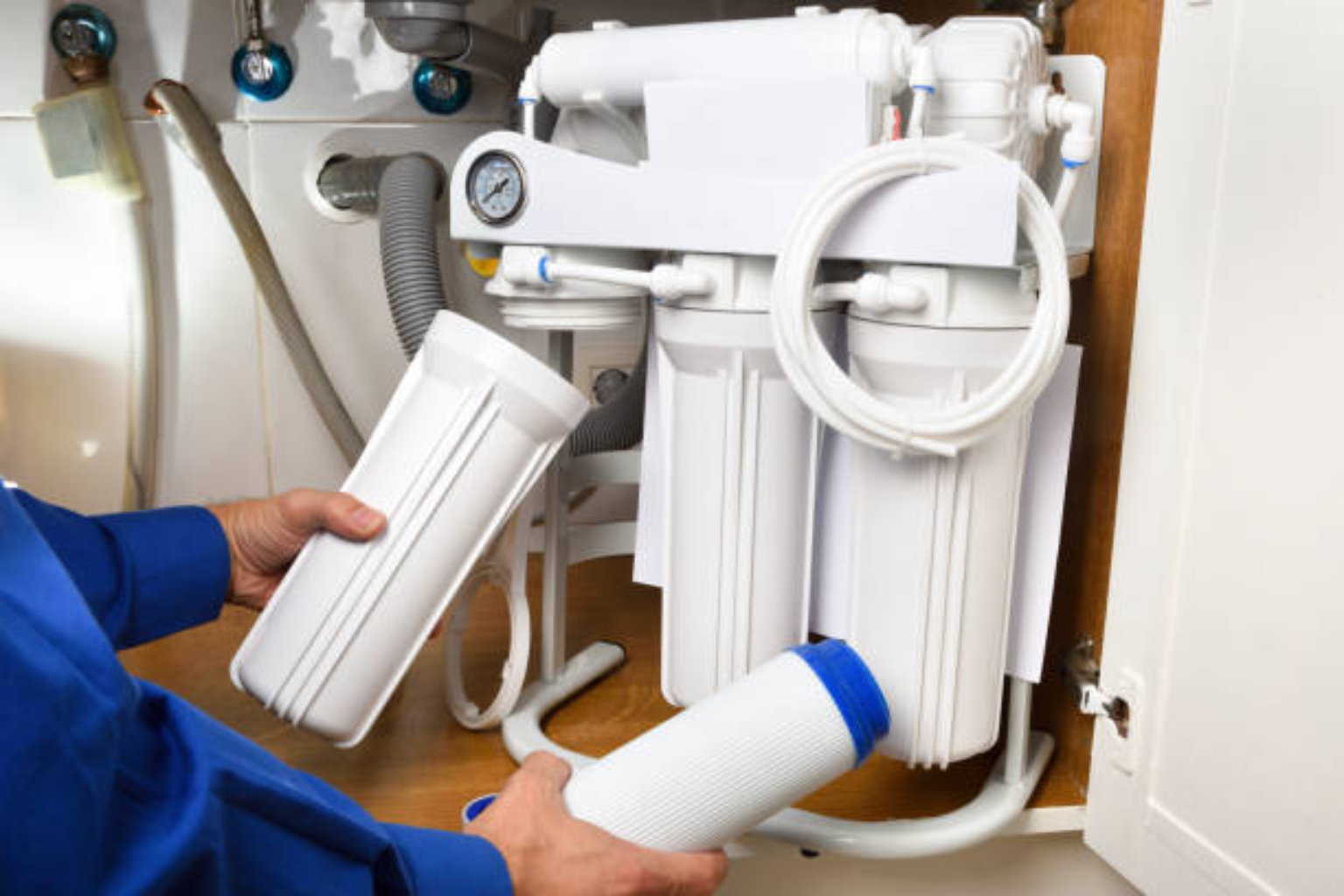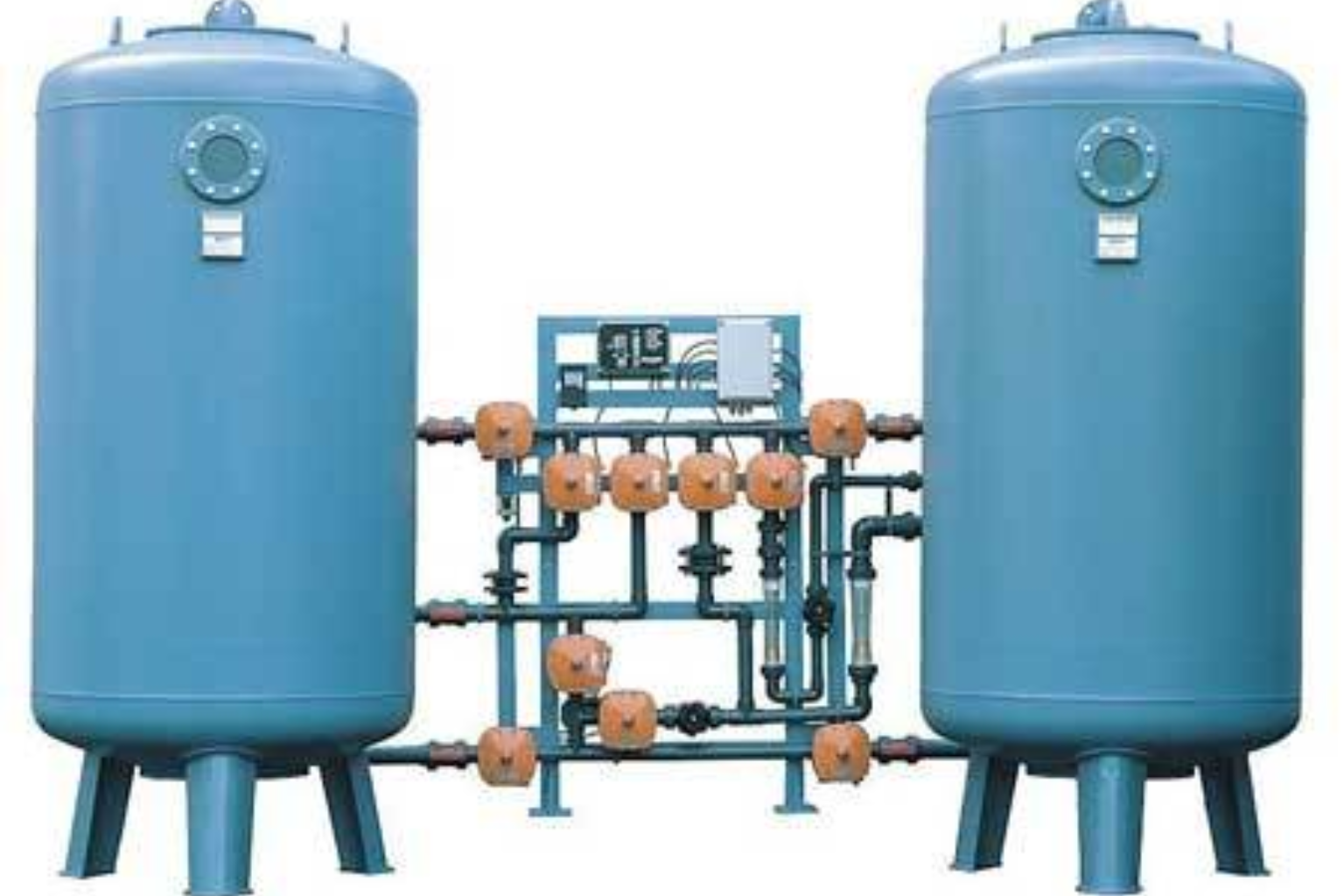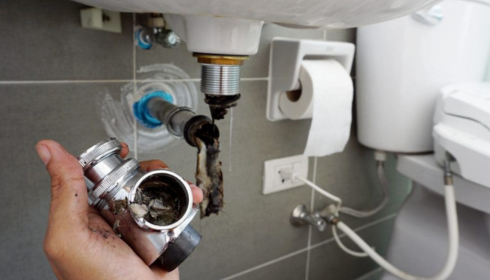Walk into any restaurant, hotel, gym, or office building, and there’s one invisible thing shaping customer experience: water. Whether it’s the ice in a glass, the steam powering equipment, or the washrooms where guests freshen up, water quality quietly plays a starring role. Yet, in commercial spaces, people often forget that water systems aren’t just “set it and forget it” installations. They’re complex machines that demand attention, care, and yes—sometimes urgent repairs.
When something goes wrong, it isn’t a minor inconvenience. A broken filter or untreated hard water can lead to complaints, costly downtime, and damage to expensive appliances. That’s why smart businesses are starting to look at water management not as an afterthought, but as part of their operational backbone.
The Hidden Strain of Ignoring Water Systems
Here’s the thing: water doesn’t just flow. It carries minerals, contaminants, and all sorts of microscopic surprises. Over time, these can build up in pipes and fixtures. In food service, that might mean cloudy ice or off-tasting drinks. In hospitality, it could show up as spotty glassware or stiff sheets. In fitness centers, it might simply be showers that don’t feel refreshing.
When systems fail, the scramble begins. Suddenly, you’re typing “commercial filtration system repair near me” into a search bar at 6 a.m. before the doors open. The stress, the potential revenue loss, and the frustration of waiting for a fix—all of it could’ve been avoided with a bit more foresight.
Why Filtration Matters More Than You Think
Filtration is the frontline defense against impurities. Chlorine, sediments, rust, and even unpleasant odors can creep into supply lines. Without a filtration system, those contaminants don’t just affect taste and smell—they shorten the lifespan of your plumbing and appliances.
Think of filtration as the quiet bodyguard of your business. It rarely asks for credit, but the moment it’s missing, problems show up everywhere. Even ice machines, coffee brewers, and dishwashers benefit when water is filtered properly. The upfront investment pays back tenfold in reduced maintenance costs and improved customer satisfaction.
The Case for a Commercial Water Softener
If you’ve ever dealt with hard water, you know the headaches it brings: scale buildup, soap that doesn’t lather, and appliances working harder than they should. In a business setting, those problems multiply. Imagine hundreds of guests using showers in a hotel with hard water. Or industrial laundry machines cycling nonstop with water full of minerals.
That’s why many businesses turn to a commercial water softener. It’s not about luxury—it’s about efficiency. Softened water extends the life of plumbing, lowers energy bills, and helps machines operate smoothly. Even more importantly, it makes the customer experience better. Soft towels, clear glasses, and spotless bathroom fixtures aren’t accidents; they’re results of good water management.
Reverse Osmosis: The Gold Standard for Purity
Sometimes, filtration and softening aren’t enough—especially for businesses where ultra-clean water is non-negotiable. Think healthcare facilities, breweries, or labs. This is where a commercial reverse osmosis system comes into play.
Reverse osmosis works like a fine sieve, stripping out nearly all dissolved solids, chemicals, and impurities. The result is water that’s as close to pure as it gets. For a brewery, that means consistency in every batch. For a dialysis center, it means safety for patients. For a café, it means coffee that actually tastes like the beans, not the minerals hiding in the tap water.
Sure, it’s a bigger investment. But it’s one of those systems where the peace of mind alone is worth the price tag. When your business depends on reliability, you can’t afford to gamble on questionable water quality.
The Overlooked Part: Maintenance
Here’s an uncomfortable truth—installing these systems is only half the battle. Filters clog. Resin tanks need regeneration. Membranes wear out. Without maintenance, even the most advanced setup will falter. And when it does, it rarely happens at a convenient time.
Regular inspections and timely replacements keep everything humming along. It’s not glamorous work, but it’s the difference between smooth operations and a morning full of frantic phone calls. In fact, many service providers now offer scheduled maintenance plans precisely because businesses underestimate how often these systems need a check-up.
Thinking About the Bigger Picture
What’s fascinating is how water management touches nearly every part of a business. Better water means lower operating costs, happier customers, and fewer headaches for staff. It also ties into sustainability—efficient systems waste less water and energy, reducing your environmental footprint.
In a world where consumers care more about eco-conscious practices, even something as simple as upgrading water systems can become part of your brand story. Imagine telling guests that your hotel saves thousands of gallons a year thanks to smarter softening and filtration. It’s not just good PR; it’s genuinely responsible business.
Making Smart Decisions for Your Business
So, how do you decide which systems to prioritize? The answer lies in your industry, your water source, and your long-term goals. Restaurants might put filtration at the top of the list. Hotels may focus on softeners. Medical facilities often can’t function without reverse osmosis.
The smartest approach is to start with a professional water test. Once you know what’s in your supply, you can build a tailored solution—one that protects your equipment, improves quality, and fits your budget.
And when things do go wrong, don’t wait. Call in the experts quickly, because water problems rarely fix themselves. The longer you put off a repair, the more expensive the consequences become.
Final Thoughts
Water is one of those behind-the-scenes essentials. When it’s clean and reliable, nobody notices. When it’s not, everyone does. For business owners, investing in strong water systems is less about luxury and more about survival in a competitive market.
From filtration to softening to reverse osmosis, the right setup isn’t just a technical upgrade—it’s a safeguard for your reputation. Customers may never thank you for having crystal-clear water, but they’ll certainly notice if you don’t.
At the end of the day, it’s simple: businesses run on water just as much as they run on power. The difference is, most people only realize it when something breaks. Don’t wait for that moment. Stay ahead of it.




